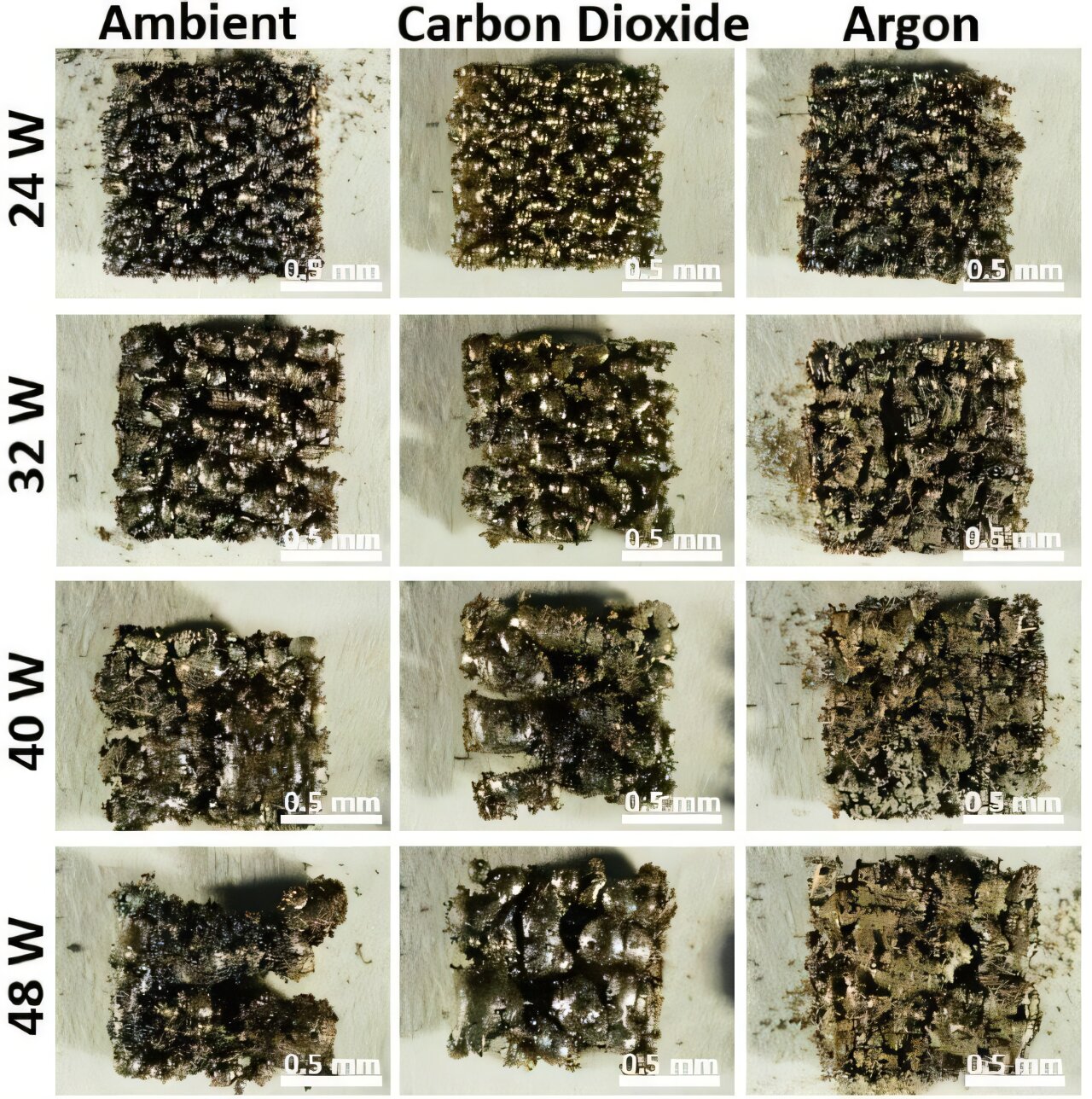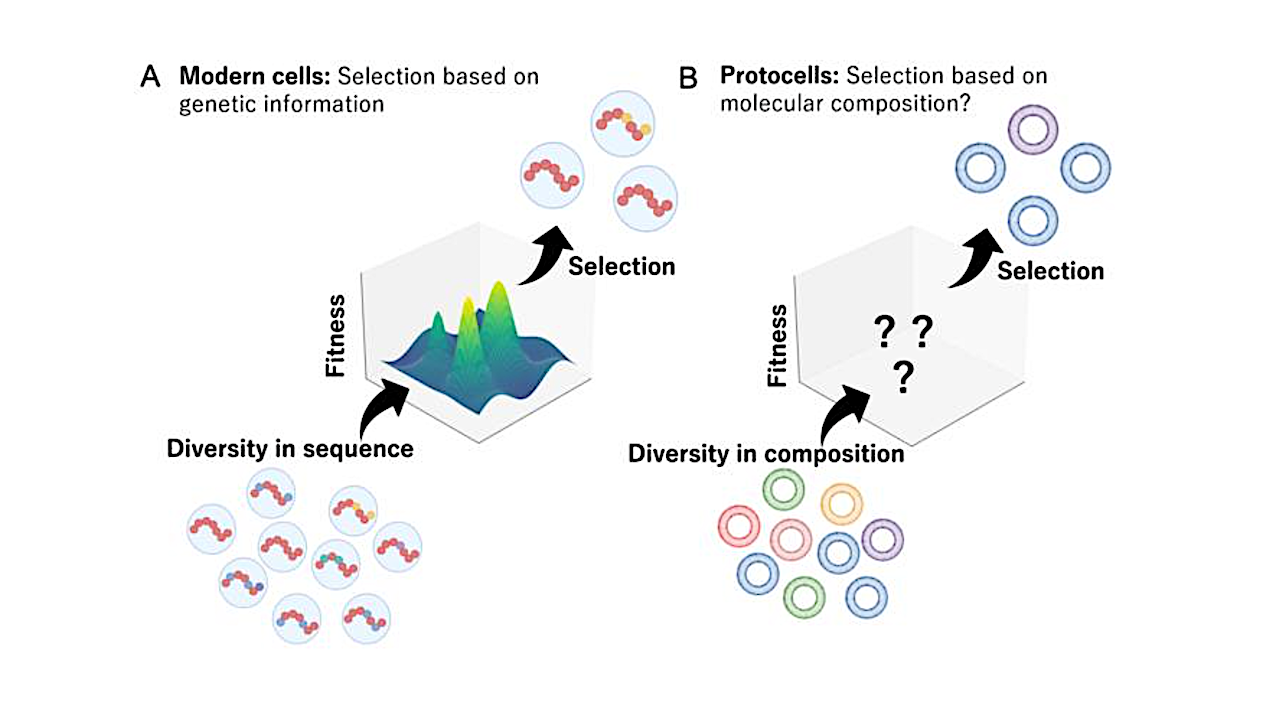
A recent literature review conducted by The George Institute for Global Health and UNSW, published in the journal Reproduction, has revealed a significant gap in postpartum care. Women who experience medical complications during pregnancy are at a heightened risk of developing mental health issues, such as depression, after childbirth.
The study highlights that even in the absence of prior mental health conditions, women suffering from preeclampsia—a pregnancy complication characterized by high blood pressure and organ damage—are at a considerably higher risk of postnatal depression. This risk can persist for months or even years after giving birth.
Understanding the Risks
In Australia, hypertensive disorders affect up to 10% of pregnancies, with preeclampsia occurring in approximately 5-8% of cases. Preeclampsia is responsible for 15% of direct maternal deaths and 10% of perinatal deaths, and it often necessitates interventions such as labor inductions and caesarean sections.
Both gestational diabetes, which increases the risk by 59%, and anemia during pregnancy, with a 24% increased risk, were also linked to a higher likelihood of postnatal depression, though the evidence is less consistent than for preeclampsia.
Despite these clear risks, current postpartum care predominantly focuses on physical recovery, often neglecting mental health. This oversight leaves many women unsupported, potentially causing long-term harm to both mother and child.
Current Guidelines and Recommendations
The 2023 Australian Clinical Practice Guidelines now suggest routine mental health checks at 6-12 weeks and again at 6-8 months postpartum. However, researchers argue that more comprehensive measures are needed to screen and support women’s mental health both before and after pregnancy.
“While postpartum care is primarily focused on physical recovery, usually stopping at six weeks, psychological support continues to be overlooked at this critical stage,” said Amanda Henry, Program Head of Women’s Health at The George Institute for Global Health and Professor of Obstetrics at UNSW Medicine and Health.
The Call for Comprehensive Care
The researchers advocate for routine mental health screening and personalized care for women with complicated pregnancies. This approach should emphasize early detection and evidence-based care, ranging from lifestyle and psychological therapies to medications and trauma-focused treatments.
They also recommend a multidisciplinary approach, involving midwives, obstetricians, and mental health specialists, to provide culturally sensitive, trauma-informed support throughout the postpartum period.
Looking Forward
The findings underscore the urgent need for systemic changes in postpartum care practices. By integrating mental health checks and comprehensive support into standard postpartum care, healthcare providers can help mitigate the long-term impacts on mothers and their children.
As the conversation around maternal mental health continues to evolve, it is crucial for healthcare systems to adapt and prioritize the psychological well-being of new mothers. This shift not only benefits individual families but also contributes to healthier communities overall.
The research team emphasizes that addressing these mental health challenges requires coordinated efforts from healthcare professionals, policymakers, and community organizations to ensure that all women receive the care they need during this vulnerable period.





